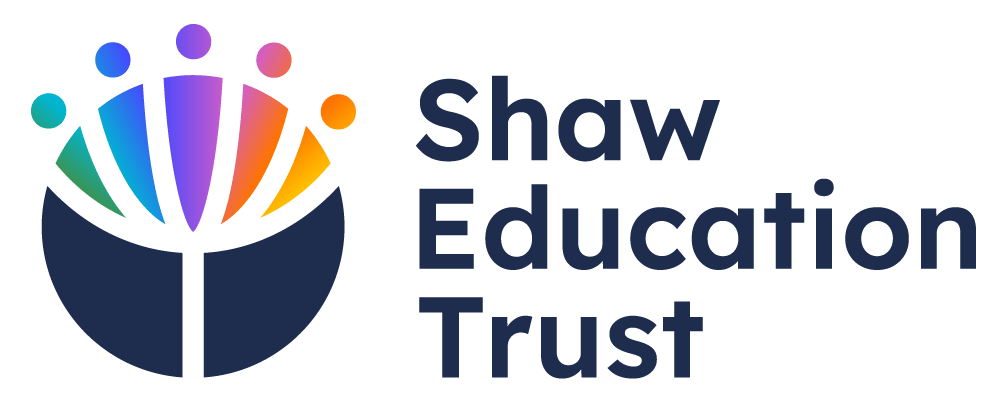Science
Intent
At Redhill, we recognise the importance of Science in every aspect of daily life.
Teaching and learning of Science is a high priority in our school’s curriculum. The Scientific area of learning is concerned with increasing pupils’ knowledge and understanding of our world, and developing skills associated with Science as a process of enquiry. Science will develop the natural curiosity of the child, encourage respect for living organisms and the physical environment and provide opportunities for critical evaluation of evidence. We have developed a Science curriculum which develops learning and results in the acquisition of knowledge and enables children to become enquiry based learners.
Implementation
At Redhill Science is seen as a core subject, which is taught discreetly. Each year group follows the National Curriculum - which has been developed into our own scheme of work. Through our scheme of work we embed our school ANTLERS.
Each year group is given a plan for each unit with questions that are needed to be covered and these are then broken down even further into an I do, We do, You do teaching sequence. Staff are then encouraged to plan their activities so that the questions can be answered.
Each unit plan at Redhill follows the same format to ensure consistency of teaching knowledge and approach. The units contain prior leaning and future learning to provide understanding of the progression of knowledge and skills throughout the education journey. They also cover common misconceptions that may arise. Key vocabulary is included and displayed in the classroom.
Lessons are structured with focus on working scientifically and gaining knowledge
The Science curriculum allows us to embed our Redhill Antlers
A - Ambition through inspiring future scientists
N - Never give up - investigations don’t always go to plan and scientists don’t always get answers.
T - Teamwork - working together in different roles to get an outcome
L - Love of learning - inspiring awe and wonder
E- Equality and Fairness - Everybody’s questions and predictions are of equal value and are discussed with mutual respect - there is no such thing as a silly question! Exploring who is a scientist - to ensure diversity is covered.
R - Respect - Show respect to living and non-living things
S- Explore how science is used to support our community.
Children are assessed to see what information has been retained through ongoing formative assessment in lessons. Our working scientifically is monitored through our assessment flower. This covers all areas of working scientifically and allows teachers and Science leaders to track what areas of working scientifically are being covered and ensure all areas are equally weighted. Monitoring is also carried out through pupil voice after each unit is completed and then a pupil questionnaire at the start of the year and again at the end. Staff questionnaires are sent out each September, this allows for a bespoke CPD programme.
Children at Redhill are offered a variety of extra-curricular activities related to science, these include visitors to the school, trips related to units and also science days or weeks linked to projects.
Impact
The children have a high quality education that gives them the knowledge they need for understanding the world they live in. Children will be able to question ideas and reflect on knowledge.
Children will work collaboratively and practically to investigate and experiment and will be able to explain the process they have taken and be able to reason scientifically.
Progress is monitored at the end of every unit, children are assessed to see what knowledge has been retained and any gaps addressed in a bespoke 'We are Scientists' unit in Summer 2.
Children are given the insight into the careers they could have through science.

Ambition

Never Give Up

Teamwork

Love Learning

Equality & Fairness

Respect


